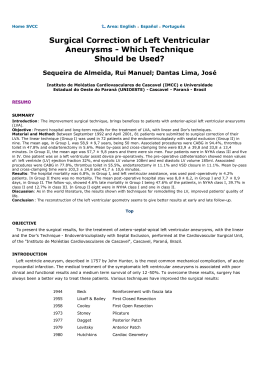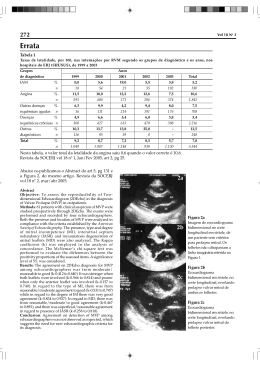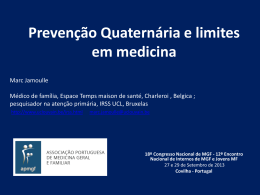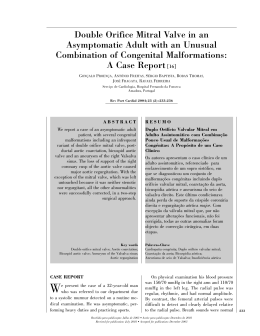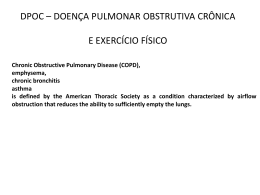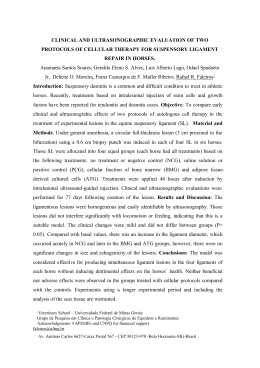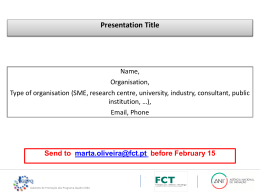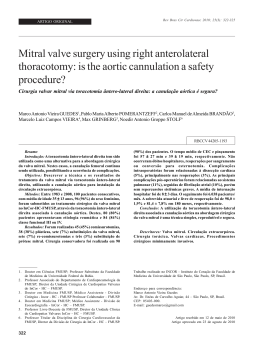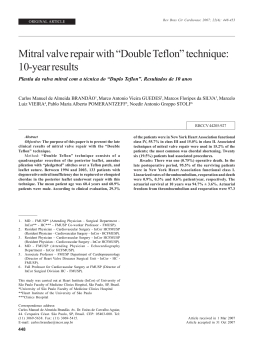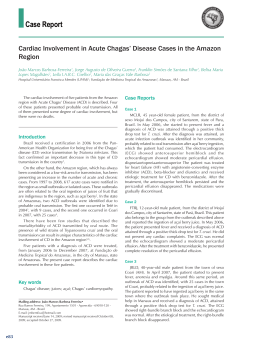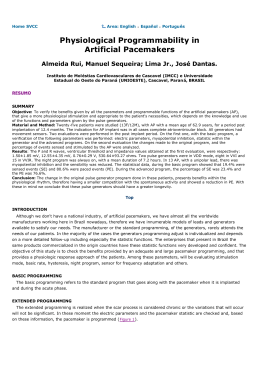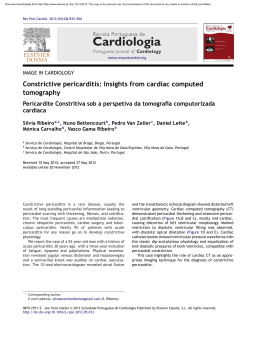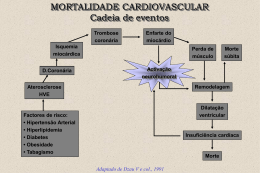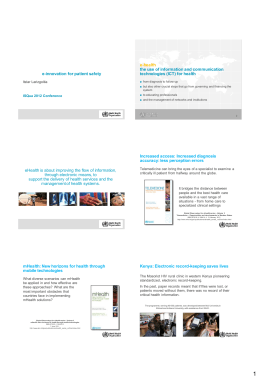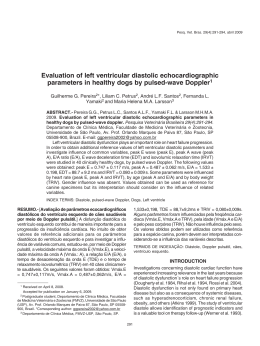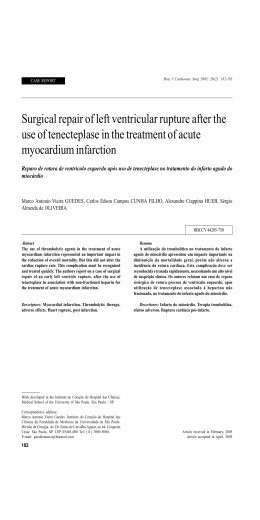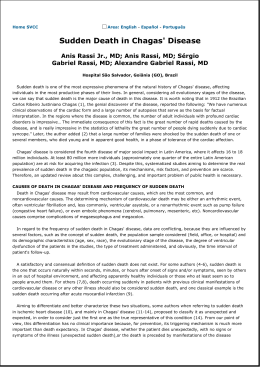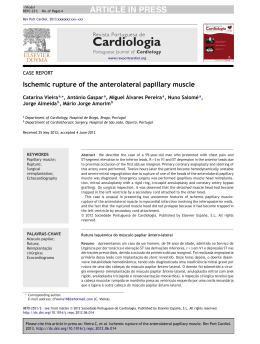Sessão Clínica UTI coronariana Clinical Round Coronary ICU R2 Dr Priscilla Marques M.D. Severe Left Ventricular Heart Failure in Young Woman with Sustained Broad Complex Tachycardia Severa falência Ventricular Esquerda em Mulher Jovem com Taquicardia Sustentada de QRS largo Dear friends and colleagues, This case was presented yesterday in the weekly clinical meeting of the coronary unit. What do you think about: • Possible etiological diagnosis • Mechanism of broad complex tachycardia • Appropiate approach: Electrophysiology study folowed by ablation? Or • Immediate indication of ICD? We carried out a control Holter with use of amiodarone and beta-blocker that did not show any ventricular arrhythmia. We are waiting for your valuable oppinions Raimundo Barbosa-Barros M.D. Hola amigos y colegas Este caso fue presentado ayer en la reunión clínica semanal de unidad coronaria. Qué te parece en relación a: 1. Diagnóstico etiológico 2. Mecanismo de la taquicardia de QRS largo. 3. Conduta adecuada: Estudio electrofisiológico y ablación? o indicar inmediatamente el CDI? Llevamos a cabo un Holter de control en el uso de la amiodarona y BB que no demostró ninguna arritmia ventricular.(eficaz) Raimundo Clinical history • L. M. S., 18 years old, female Date: Feb 2, 2014 • Complaint: “tiredness”. • Current affection history: Patient admitted in the hospital due to dyspnea starting 3 days ago, associated to diaphoresis, cold and poorly perfused limbs. • Previous pathological history: She denies having sHTN, DM2. Heart disease of indefinite etiology diagnosed around 1 year ago, during the 4th month of pregnancy, with dyspnea and pulmonary congestion. After decompensation, the patient evolved with an early delivery followed the fetal death. • Social pathological history: She denies smoking or drinking alcohol. • Family history: no history of CVD or SCD. Physical examination at admission • Regular general condition, pale, +/4+, no fever, cold limbs. • BP: 85x56 mmHg HR: 89 bpm SatO2: 86% • Respiratory system: gross vesicular murmur, with rough sounds and diffuse crepitations. • Cardiovascular system: irregular heart rhythm, muffled noises without murmurs. • Lower limbs: no edema, free calves, slow perfusion. História clínica • L. M. S., 18 anos, sexo feminino DIH: 09/02/14 • QP: “Cansaço”. • HDA: Paciente admitida no HM com quadro de dispnéia iniciado há 3 dias da admissão, associado a diaforese, extremidades frias e mal perfundidas. • HPP: Nega HAS, DM2. Cardiopatia de etiologia indefinida diagnosticada há +- 1 ano, durante 4º mês gestacional, com quadro de dispnéia e congestão pulmonar Após descompensação, paciente evoluiu com parto prematuro seguido por óbito fetal. • HP Social: Nega tabagismo e etilismo. • H familiar: sem relato de DCV ou MS. Exame físico da admissão • REG, hipocorada +/4+, afebril, extremidades frias. • PA: 85x56 mmHg FC: 89bpm SatO2: 86% • AR: MV rude , com roncos e crepitações difusas. • ACV: RCI Bulhas hipofonéticas sem sopros. • MMII: sem edemas, panturrilhas livres, perfusão lentificada. February 11, 2014 Admission ECG in the morning at 8 A.M. Continuous long V2 precordial lead February 11, 2014 after loading dose amiodarone Exames laboratoriais na admissão • K+: 4,6 • Na+: 136 • pH: 7,36 • PO2: 77,5 • PCO2: 27,0 • Lactato: 6,9 Lab tests at admission • K+: 4.6 • Na+: 136 • pH: 7.36 • PO2: 77.5 • PCO2: 27.0 • Lactate: 6.9 Ecocardiograma (10/02/14) • VE: 76/64 mm AE: 45mm FE: 32% • Aumento moderado do AE • Aumento importante do VE • Disfunção diastólica leve do VE • Refluxo mitral moderado a importante • Refluxo tricúspide discreto. Echocardiogram (Feb 10, 2014) • LV: 76/64 mm LA: 45mm LVEF: 32% • Moderate LA increase • Significant LV increase • Mild LV diastolic dysfunction • Moderate to significant mitral valve regurgitaion. (Secondary mitral regurgitation) It is due to the dilatation of the left ventricle that causes stretching of the mitral valve annulus and displacement of the papillary muscles. • Discrete tricuspid regurgitation.
Download
